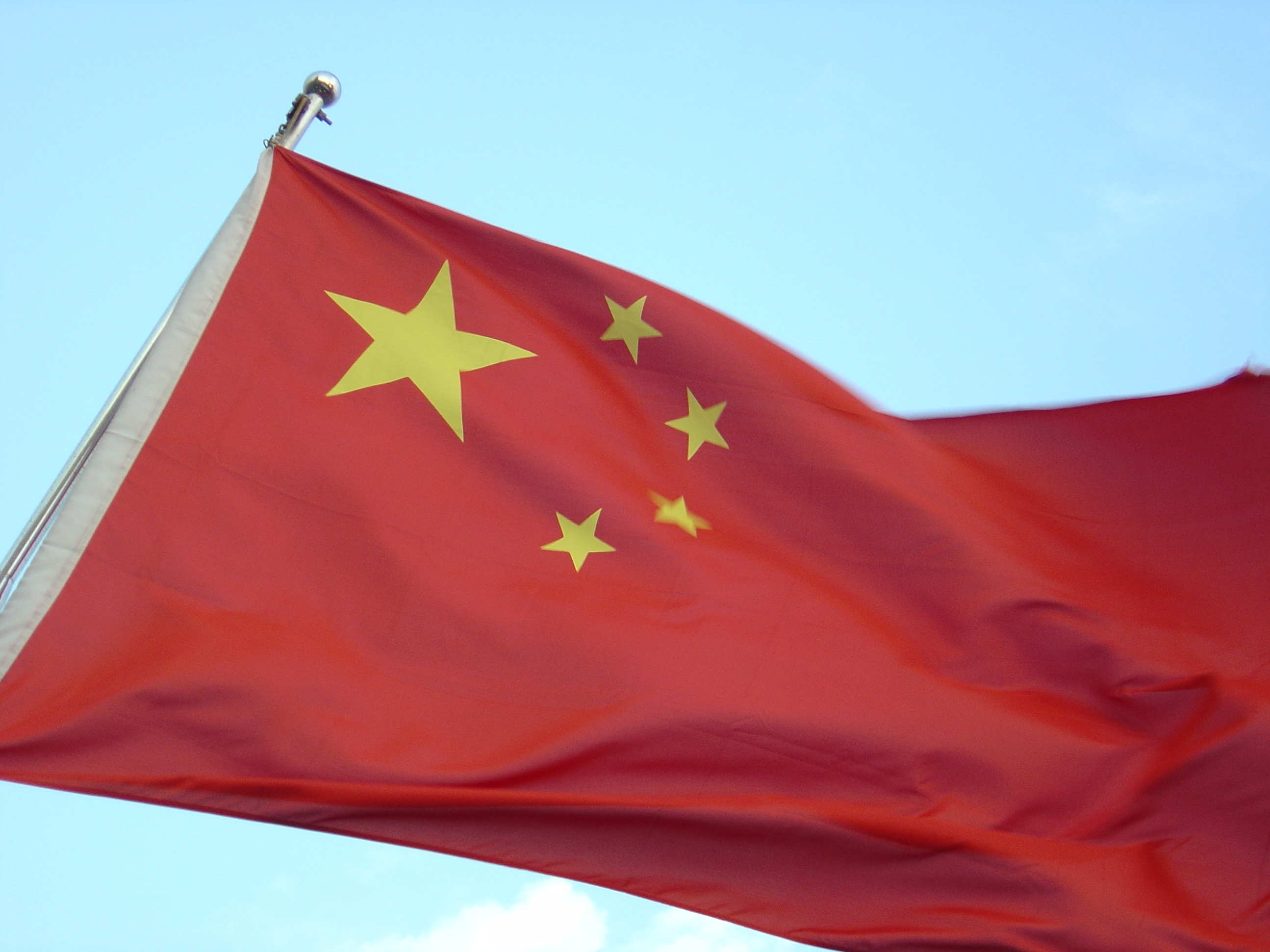No let up for the great firewall of China
Chinese state wants continuing control of the internet

The Chinese government has re-iterated that it has no plans to ease state control of what can be said and viewed online in China, according to a new government white paper released this week
The latest dictates from the Chinese government on what its citizens should be allowed to see, read and do online follows a number of recent high profile news stories about the Chinese government's spats with western web companies such as Google earlier this year.
China Online
China already has the world's largest number of internet users and the markets for new websites and online content and online retail is booming in the country.
However, the latest 31-page white paper out of Beijing – which refers to the internet as "a crystallisation of human wisdom," and says that it is "transforming the pattern of economic development" – still promises no let up in the rigorous state control of what can and cannot be said online in China.
The Chinese government wants to give 45 per cent of its 1.3 billion population access to the internet in the next five years, encouraging, "the use of the Internet in ways which aim to promote economic and social progress, to improve public services and facilitate people's work and life," according to the paper.
Stringent blocks and firewalls
Sign up for breaking news, reviews, opinion, top tech deals, and more.
However, there is no let up on the stringent blocks and firewalls on content that the government decrees to be unfit for its citizens – with continuing blocks on access to sites such as Twitter, Facebook and YouTube.
The paper reads: "Effectively protecting Internet security is an important part of China's Internet administration, and an indispensable requirement for protecting state security and the public interest.
"Internet administration is a process of continuous practice, and the Chinese government is determined to improve its Internet administration work."
The paper mentions such unsuitable practises as "inciting ethnic hatred and secession, advocating heresy, pornography, violence (and) terror," as reasons for continuing bans on net openness in China.
"Within Chinese territory the Internet is under the jurisdiction of Chinese sovereignty. The Internet sovereignty of China should be respected and protected," the paper adds.
Via Reuters
